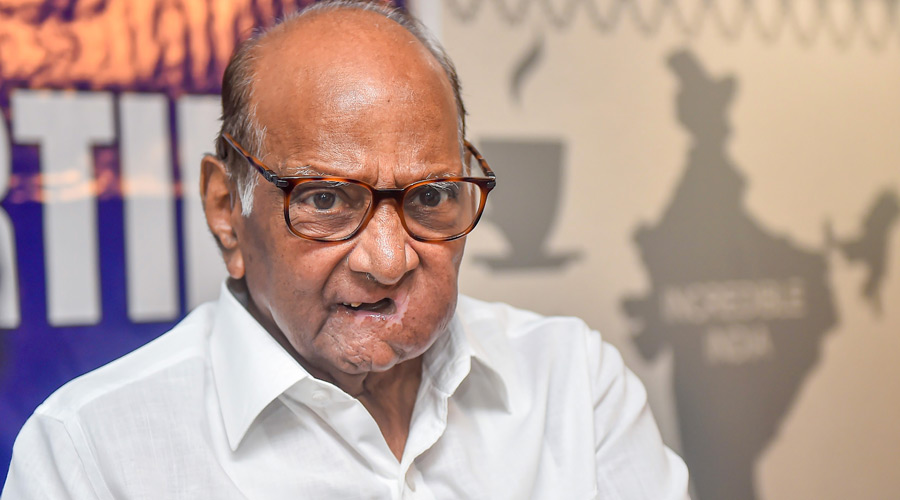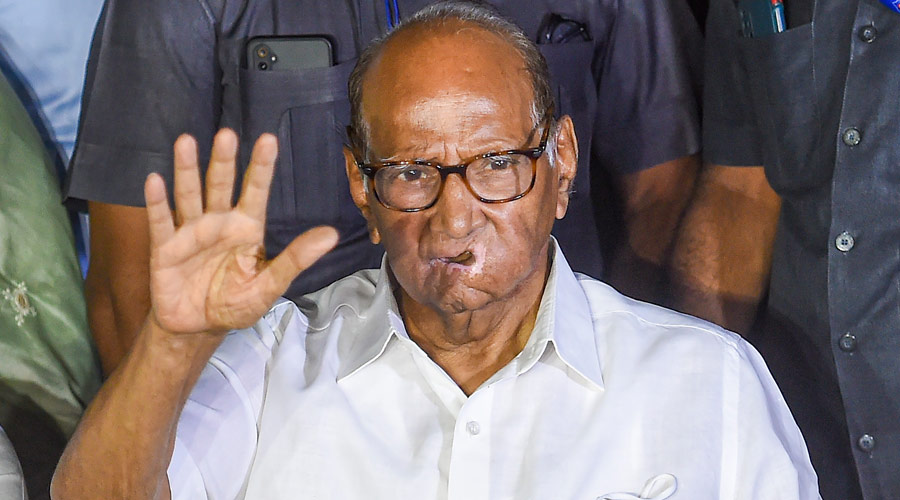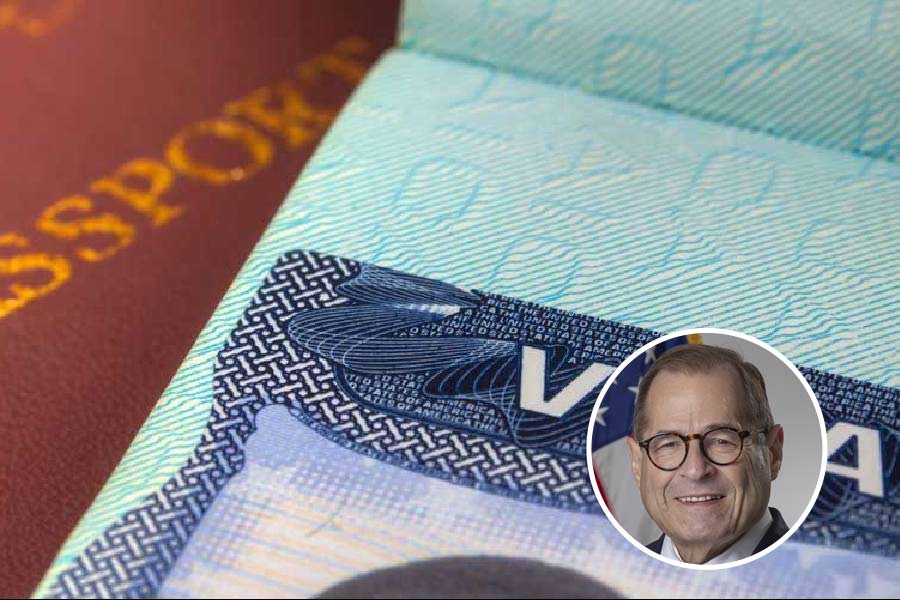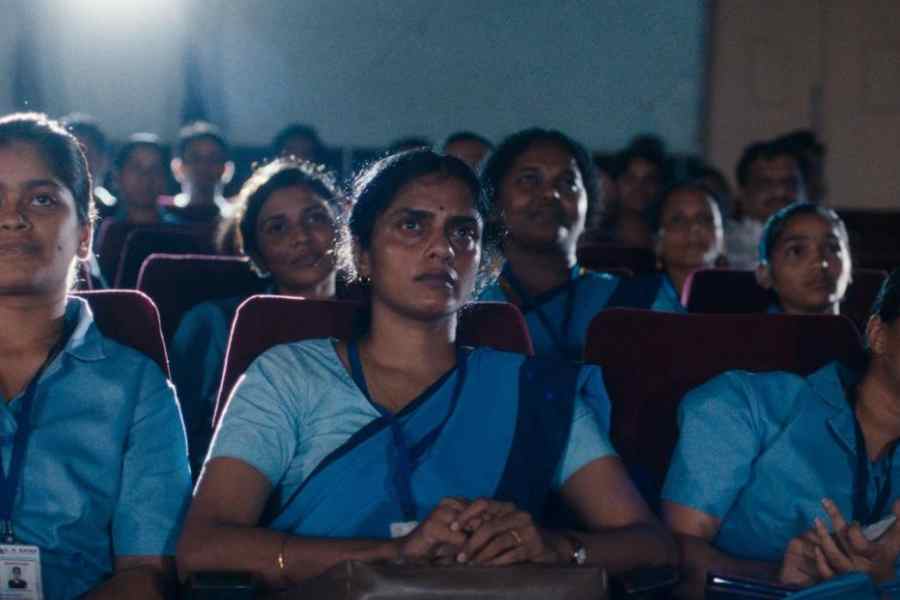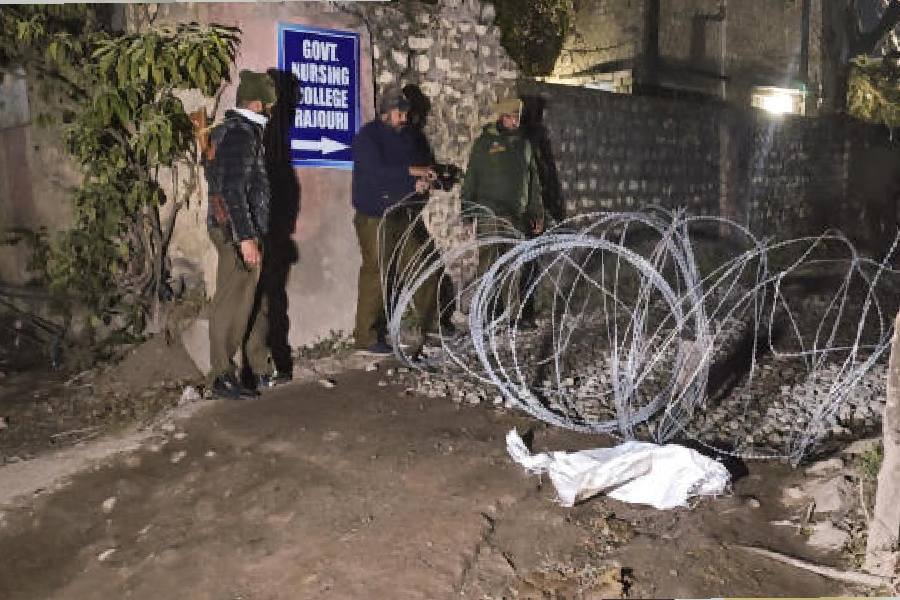The Congress disagrees with Sharad Pawar’s contention that a joint parliamentary committee would be unable to bring out the whole truth about the Adani controversy because it will be dominated by BJP members.
The Congress contends that a JPC is the only instrument available that can examine the whole range of issues involved.
A JPC has unlimited powers, and while its recommendations are not binding on the government, they can give the Opposition wide scope to grill the government and shape the political narrative on a key issue.
Whether or not the government’s action-taken report, placed before Parliament on a JPC’s recommendations, deals with substantive concerns, the Opposition gets to see all the relevant files and seek answers on every aspect of the matter.
For instance, although the JPC on the 2G spectrum controversy had exonerated then Prime Minister Manmohan Singh, the BJP had succeeded in maintaining pressure on him throughout the process.
Every statement by former telecom minister A. Raja, the main accused, was used to create a political controversy. And a BJP member of the committee, Yashwant Sinha, had dropped a bombshell by personally writing to Singh to appear before the JPC.
Although the JPC chairman, P.C. Chacko, had fiercely confronted Sinha, arguing he had no right to issue summons, the controversy created an impression that Singh was unwilling to depose and, therefore, had something to hide.
Singh publicly asserted that he was not averse to appearing before the JPC if the summons came through the proper channels, but the BJP exploited this situation to cast aspersions on him.
The courts finally acquitted Raja and wondered whether the 2G controversy was a scam at all, but the issue remained a stick in the hands of the then Opposition to beat the Congress and the UPA with.
Similarly, the coal-block allocation controversy too fizzled out in court, but was used by political opponents to paint the UPA black.
The Congress and other Opposition parties are therefore itching to corner Prime Minister Narendra Modi with a JPC probe into the allegations against the Adani group, whose rise he is accused of aiding.
Congress communications chief Jairam Ramesh had indicated this when the Supreme Court constituted an expert committee to look into the matter. “The SC committee is Adani-centred. The questions we raise are aimed at PM Modi and the government,” Ramesh had said.
“The SC committee will not raise these questions. Only the JPC can deliberate on these questions. The BJP will have a majority in the JPC and also have its MP as the chairperson, but the Opposition will get the opportunity to raise these questions, obtain responses from the government, and everything will go on record.”
Among the tasks assigned to the court-appointed panel is to suggest how to strengthen the regulatory mechanism, presuming that the issue is about the stock market and violations of the law.
But the Congress believes that the genesis of the problem lies in crony capitalism --- Modi’s own alleged indiscretions in taking and influencing decisions to favour Gautam Adani.
The expert committee is not expected to look into what the Congress believes is a key question: who does the Rs 20,000 crore invested with the Adani group through shell companies belong to?
Nor is the panel expected to investigate whether Modi used his political power to pressure the Sri Lanka and Bangladesh governments and extract contracts for Adani, or to compel the Jharkhand government to change the terms of its engagement with the Adani group. Another crucial issue for the Congress is the reluctance of the central investigative agencies and regulatory bodies to act independently.
No instrument other than a JPC can cover all these aspects and seek written answers from the government and its agencies to a wide range of questions. The Opposition can also use the Sinha precedent to summon Modi before the House committee. Adani’s relations with a Chinese businessman is another issue that the expert committee is not expected to probe.
Ramesh said in a statement on Sunday: “According to a news report, the government denied security clearance in 2022 to a consortium of APM Terminals Management and Taiwan’s Wan Hai Lines after security agencies discovered a connection between a Wan Hai director and a Chinese firm. “This blocked the consortium’s bid to operate a container-handling terminal at the Jawaharlal Nehru Port Authority. It is government policy to prevent Chinese firms and entities with Chinese connections from operating ports and terminals in India.”
Ramesh added: “This raises fresh questions about the Adani group’s China links. As we have repeatedly pointed out in our Hum Adani ke Hain Kaun (HAHK) series of questions to Modi, the Chinese citizen Chang Chung-Ling is closely associated with the Adani group. His son owns PMC Projects, a firm that has constructed ports, terminals, rail lines, power lines and other infrastructure assets for the Adani group.
“The Adani group and PMC were alleged to be involved in a Rs 5,500-crore power equipment over-invoicing scam by the Directorate of Revenue Intelligence. And the Adani group has been known to have operated at least two Shanghai-based shipping companies, one of which was involved in the illegal sale of petroleum products to the close China ally North Korea.”
Ramesh continued: “Given these close China links, why is the Adani group being permitted to operate ports in India? Why is it being permitted to buy up port after port, in some cases after raids on previous owners, with no thought to the serious security implications?”
Rajiv Gandhi had allowed a JPC probe into the Bofors controversy despite having a huge majority in Parliament, and Manmohan Singh had agreed to one on the 2Gcontroversy after initial reluctance. There have been two JPCs on stock market allegations and one on pesticide residues and safety standards relating to soft drinks.
Recommendations made by JPCs have proved invaluable in strengthening regulatory bodies and examining various aspects of policy-making in the past, even if they did not lead to convictions.

